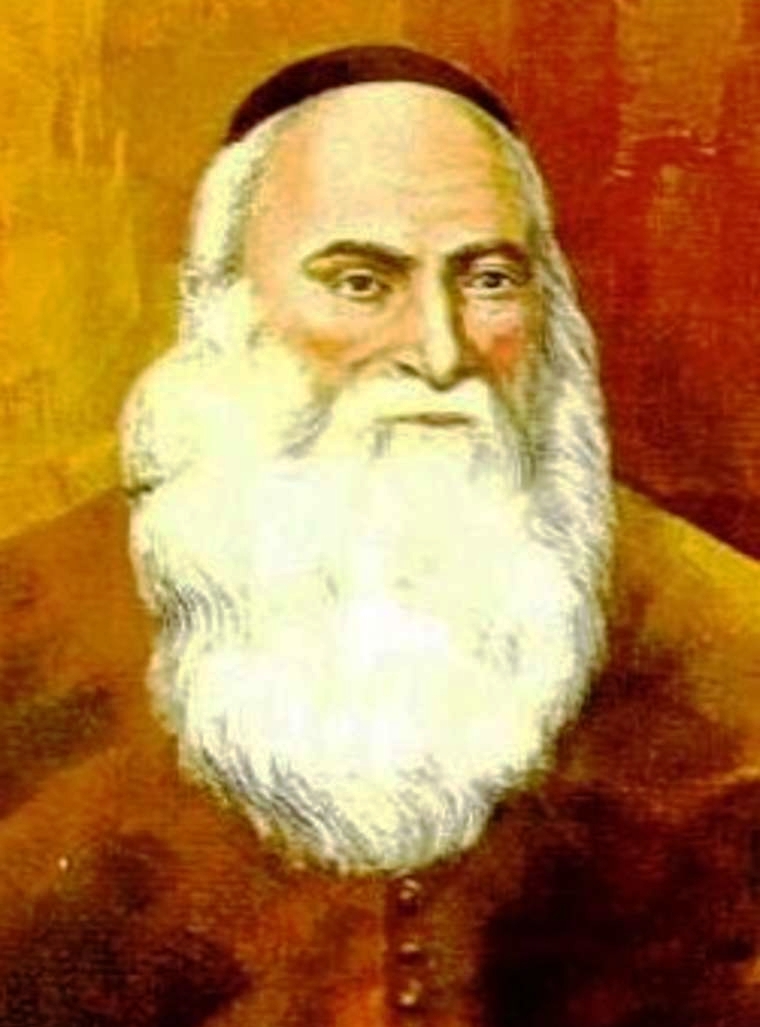Isaac Abrabanal (1437-1508)
Isaac Abrabanel was a Jewish statesman, philosopher, financier and Bible commentator born in Lisbon, Portugal, in 1437. His keen political and financial skills made him an invaluable figure in the Portuguese court, where King Alfonso V appointed him as treasurer. Beyond his official duties, he was deeply involved in tax collection, trade negotiations and the administration of royal finances. Under his management, Portugal's economy flourished, particularly in its maritime expansion and overseas ventures. However, when John II ascended the throne, the new king's policies led to suspicion and accusations of conspiracy, forcing Abrabanel to flee to Castile in 1483 to escape persecution.
In Castile, he quickly reestablished himself, securing a place in Toledo, where he became a financial advisor to the court of Ferdinand and Isabella. Despite his service in arranging state loans and securing funds for the monarchy — including financing the war against Granada — his position was ultimately precarious. In 1492, when the Spanish monarchs ordered the expulsion of Jews from Spain, Abrabanel desperately attempted to negotiate their reversal, even offering a substantial ransom. His efforts were in vain, and he was exiled along with the rest of his people.
Forced to leave behind his wealth and influence once more, Abrabanel relocated to Naples, where he was welcomed by King Ferdinand I and again took up financial administration. However, disaster struck in 1495 when the French invaded the city, causing the king to flee and leaving Abrabanel's assets in ruin. His subsequent years were spent in restless movement, traveling from Naples to Corfu, then to Monopoli and finally settling in Venice. There, he found relative stability, serving as a trusted economic advisor to the Venetian Republic. He was instrumental in negotiating trade agreements and managing state finances, particularly concerning Venice's conflicts with the Ottoman Empire.
He died in Venice in 1508, leaving behind a body of work that shaped Jewish thought for centuries. His intellectual contributions extended far beyond religious commentary, influencing political theory, economic thought and interfaith scholarship in both his time and beyond.
Significance
Despite his turbulent political career, Abrabanel's true legacy lies in his scholarship. His biblical commentaries, spanning nearly every book of the Old Testament, rejected traditional line-by-line exegesis in favour of a broader analysis, considering historical, political and economic contexts. His work was highly influential among both Jewish and Christian scholars, and he was one of the first Jewish thinkers to engage deeply with medieval Christian theological ideas. His writings also explored messianic themes, reflecting his belief in the imminent redemption of the Jewish people. Some later scholars have drawn connections between his eschatological views and apocalyptic expectations in both Jewish and Christian thought.
Beyond theology, Abrabanel also wrote on economics and governance, advocating for ethical rulership and the responsibility of leaders to ensure justice and welfare for their subjects. His political philosophy echoed ideas found in classical sources, integrating Jewish, Greek and medieval Islamic influences.
